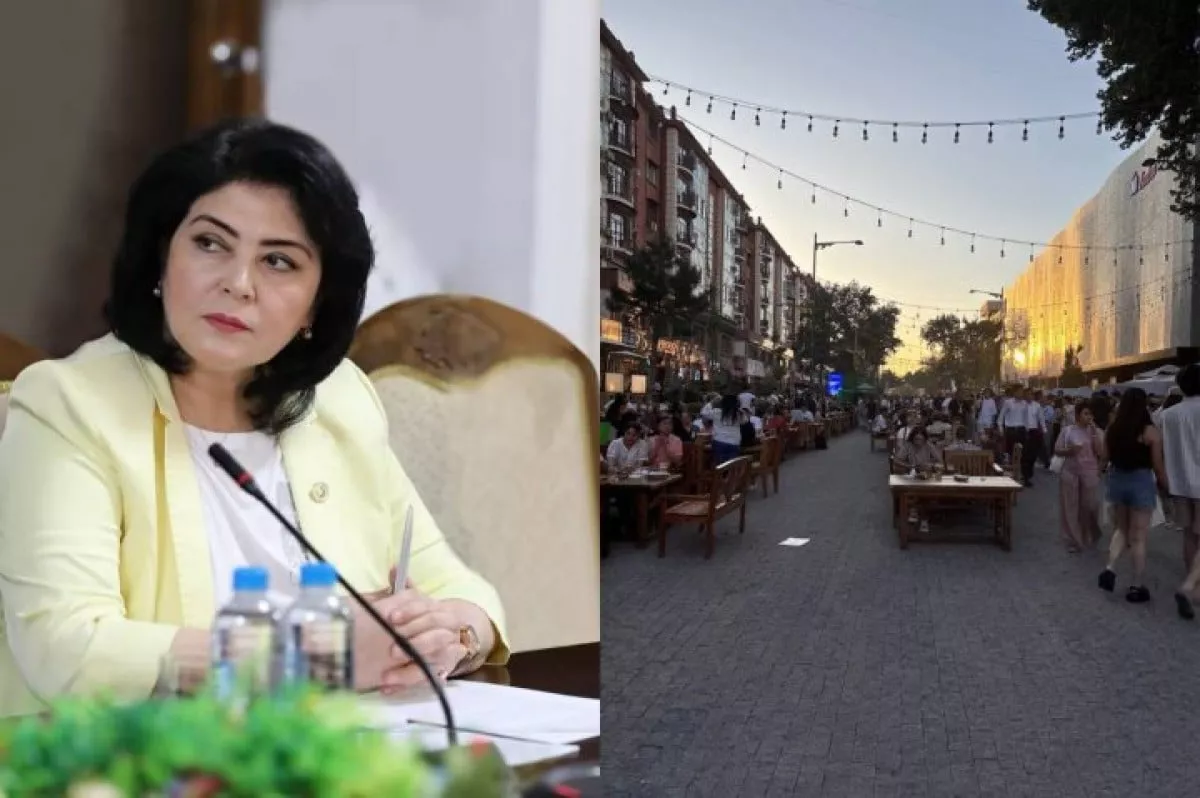The beer festival is said to be against national values, says the deputy

The Deputy Chairperson of the National Revival Party, Firuza Muhamedjanova, expressed her dissatisfaction with the hypocrisy in society. This was reported by Upl.uz.
She criticized the difference between the beer festival held in Tashkent and the mass protests against tree cutting. According to Muhamedjanova, such events are considered contrary to national identity and traditions.
The deputy emphasized that mainly young people participated in the beer festival held from June 27 to 29 in Tashkent. She noted that Russian-language media actively covered this event, while Uzbek-language media and the intellectual environment remained silent.
She particularly pointed out that the presence of the Center for Islamic Civilization in the area where the festival was held creates a contradiction. Muhamedjanova noted that such events have now become a part of city life and expressed concern about the increasing number of alcohol festivals in society.
Some groups consider such events necessary for developing tourism and modernizing the city. However, the deputy emphasized that such openness could lead to the loss of national identity.
She recalled that in 1886, the "Alcohol Market" opened in the new part of Tashkent, which was an attempt to corrupt the morals of the local population. A question arose about who and why supports such events today.
Muhamedjanova stated that Uzbekistan is not Germany, and it is incorrect to compare the annual billions of euros in revenue from events there. She said that offering alcoholic beverages at low prices for young people is completely unfounded.
The deputy referred to Tashkent as the heart of the country, emphasizing the formation of culture, politics, tourism, and media here. Therefore, any event held in the capital should serve as an example for the entire republic.
If this trend continues, such festivals may also appear in Bukhara, Samarkand, and Kokand, she believes. She called the beer festival an insult to national traditions and identity.
Muhamedjanova expressed concern that transitioning from a beer festival to wine and other bars could gradually change society. Although the choice of drinks is a personal matter for each individual, she emphasized that its public display and promotion could lead to negative consequences.
She stated that confusing freedom with uncivilized behavior and lawlessness is a sign of losing national identity. The deputy observed with surprise the lack of protest against such mass promotion in the context of mental health and youth issues in society, including the existence of 12-year-old drug addicts in Uzbekistan.
She emphasized that the activism shown in protecting trees should also manifest in protecting national identity. Muhamedjanova concluded her remarks with the opinion of Alisher Qodirov: even if a tree is dead, it is decaying, thus highlighting the need to save water, land, energy, food, and time, and to unite to preserve identity.
She also posed the question: if Uzbekistan is a secular state, why are pilaf festivals customary and supported, while beer festivals are sharply criticized? This issue is more related to the content of the events, as pilaf festivals promote national culture, while alcohol festivals negatively impact youth morals.
According to Muhamedjanova, this situation reflects the limitations in fully understanding the principles of a secular state, as freedom and personal choice must align with societal morals, but should not be subject to outdated views. She stated in her statement that no

